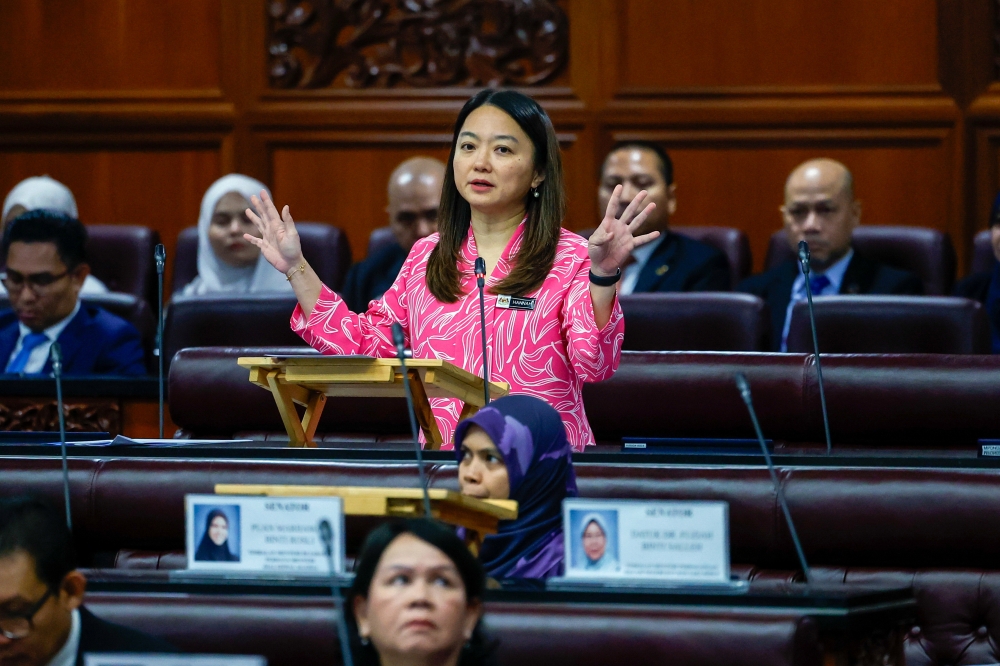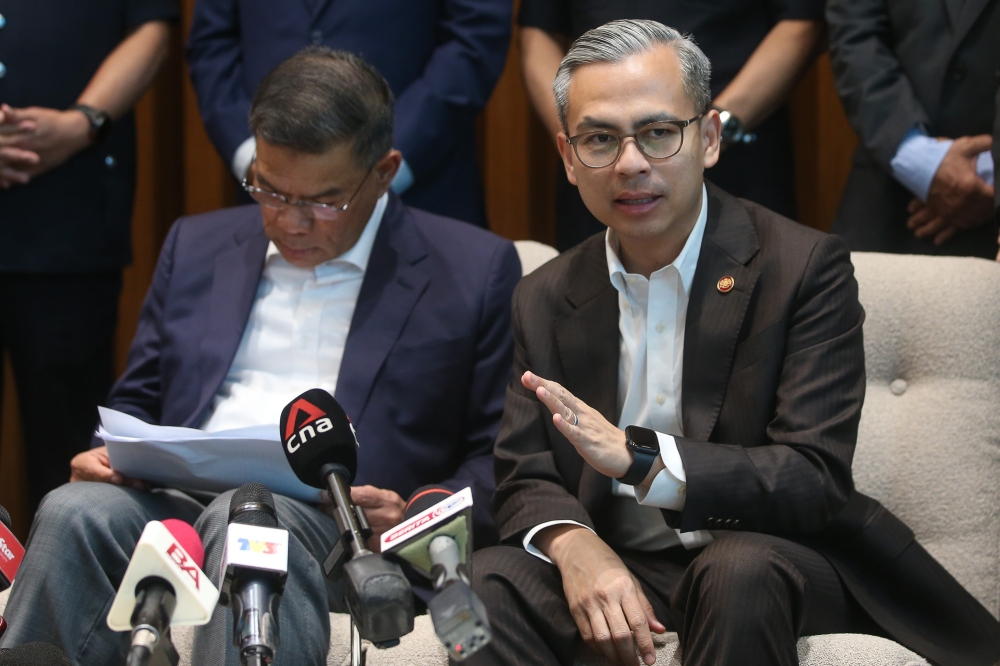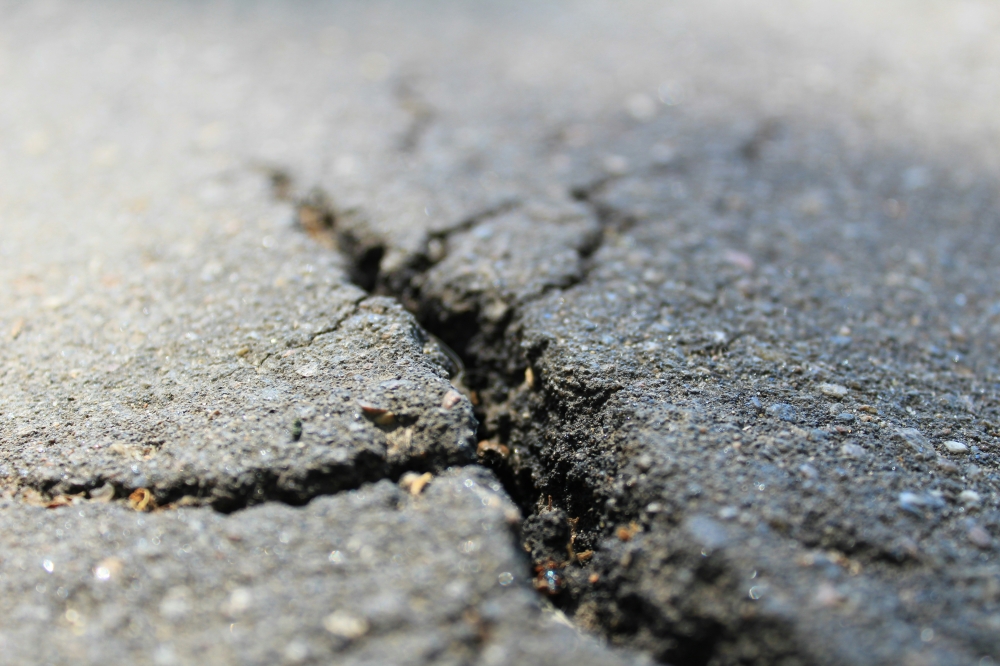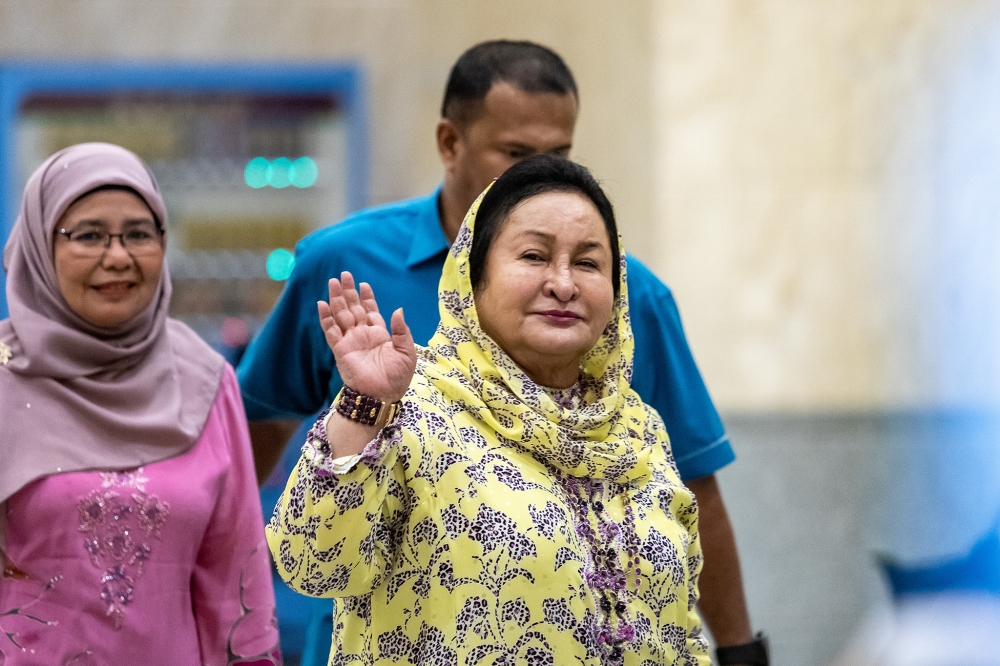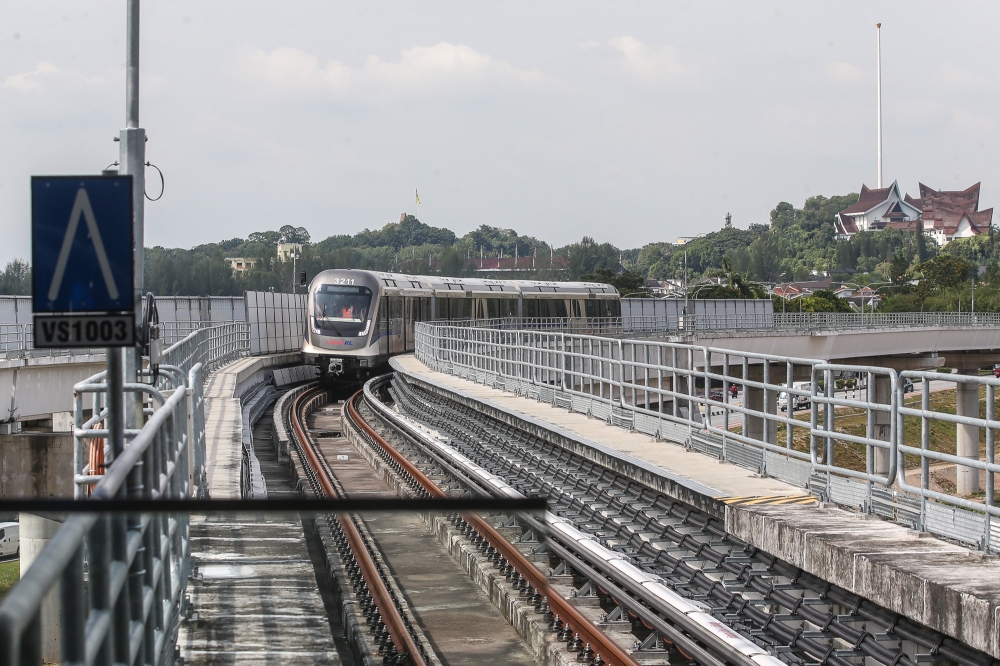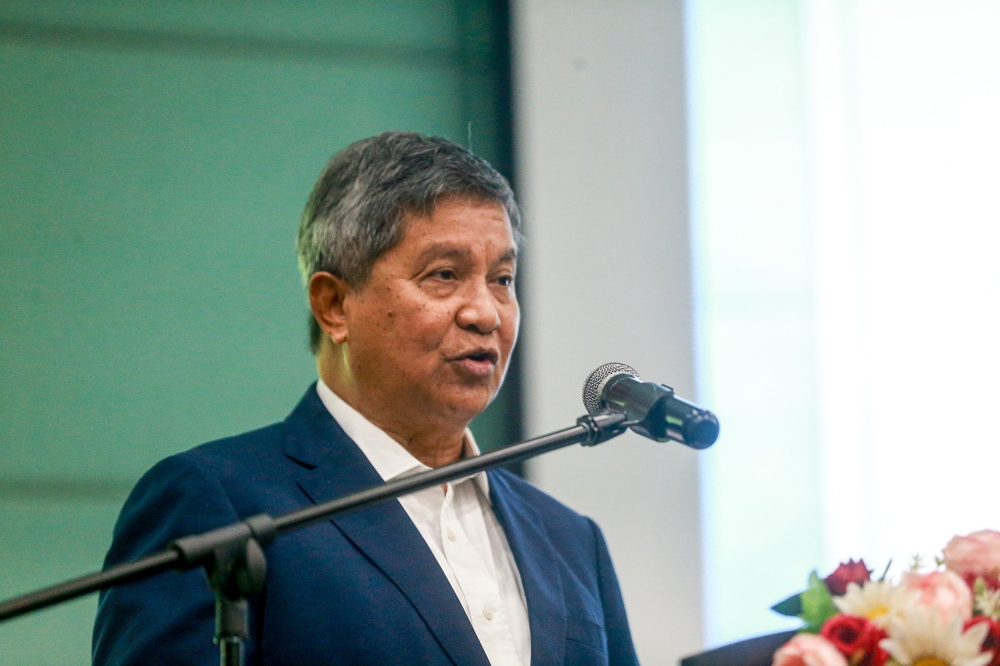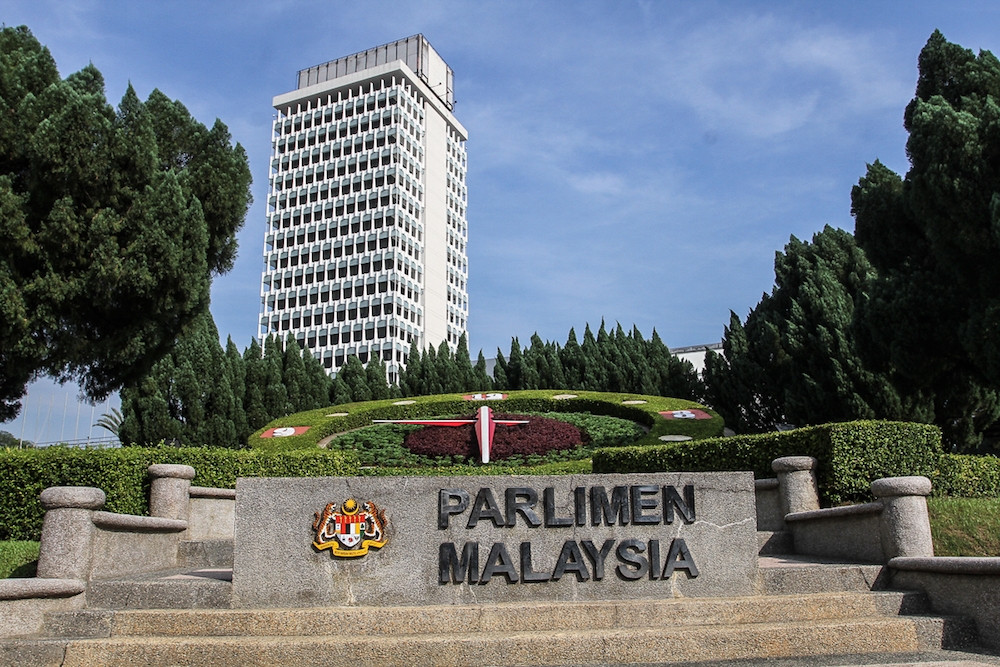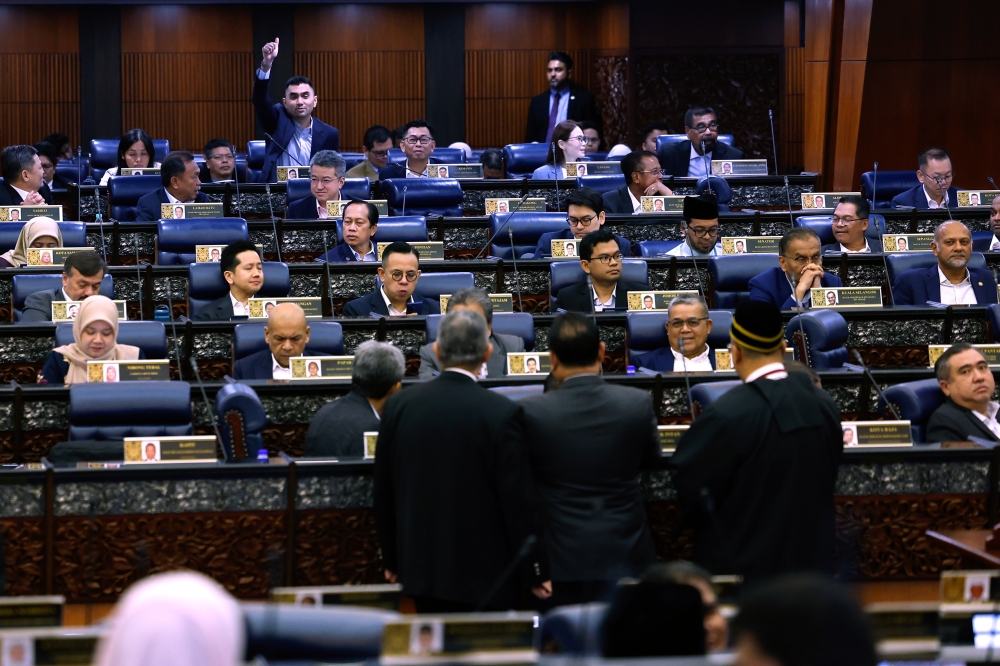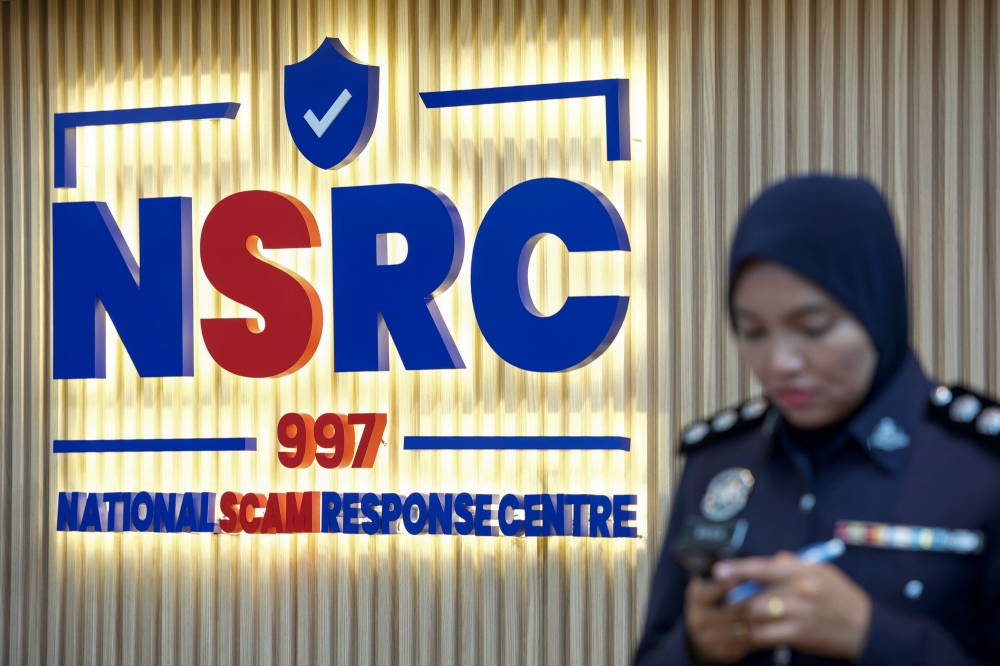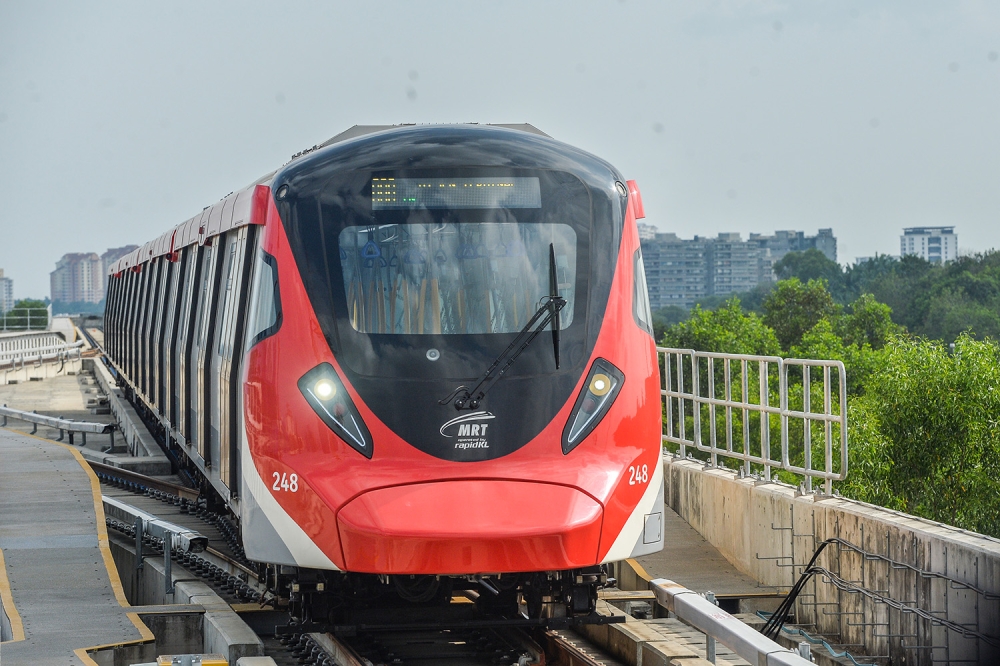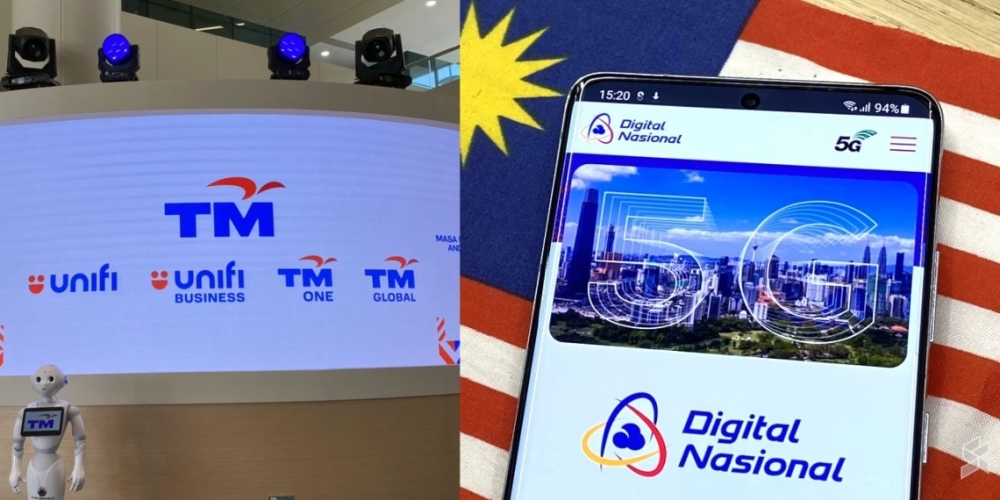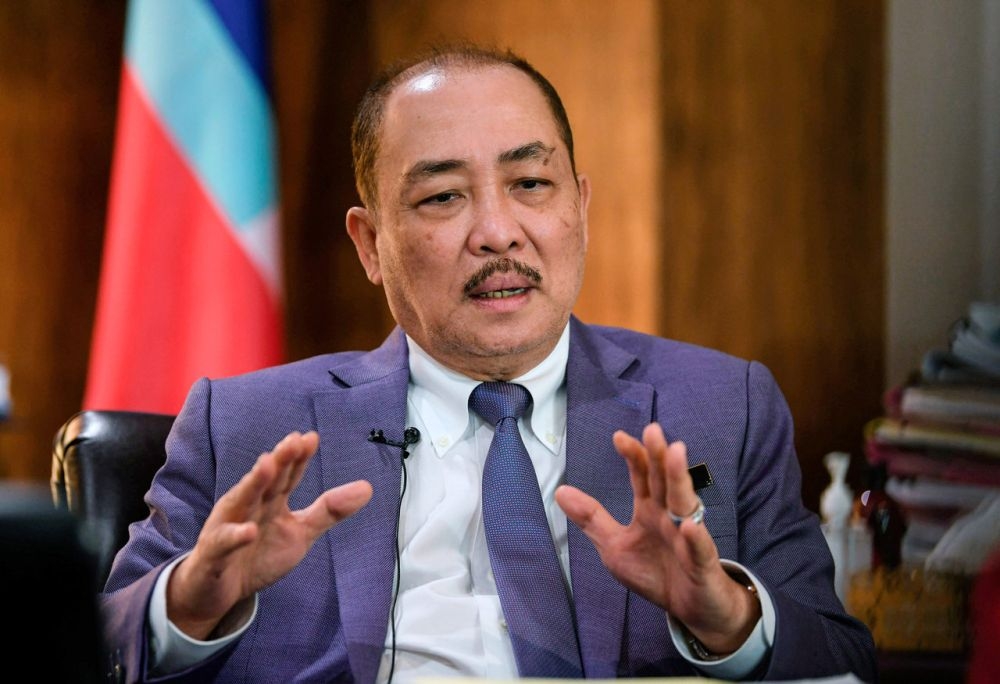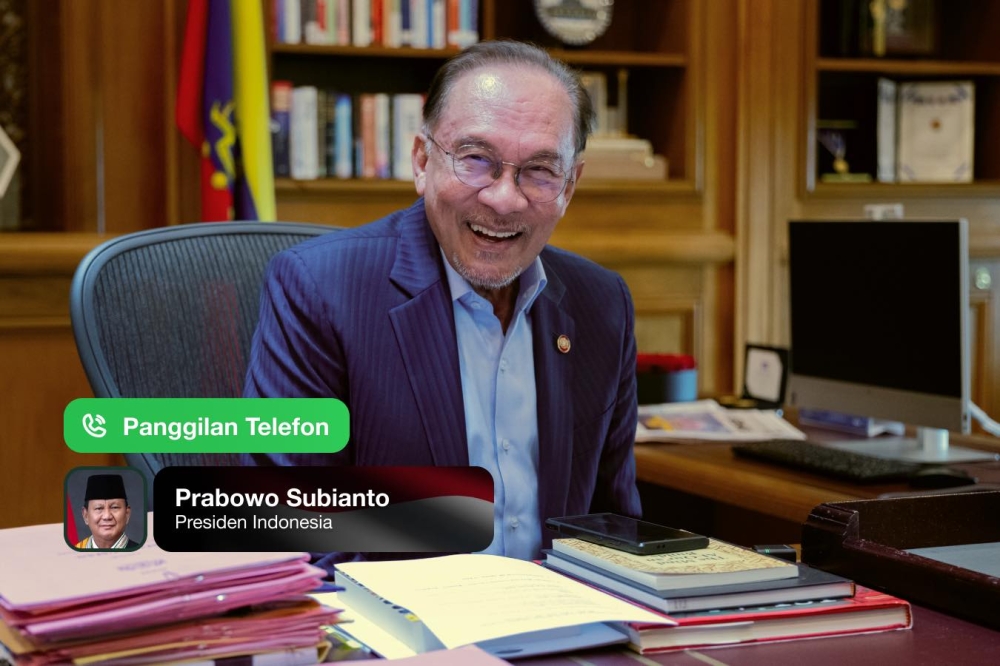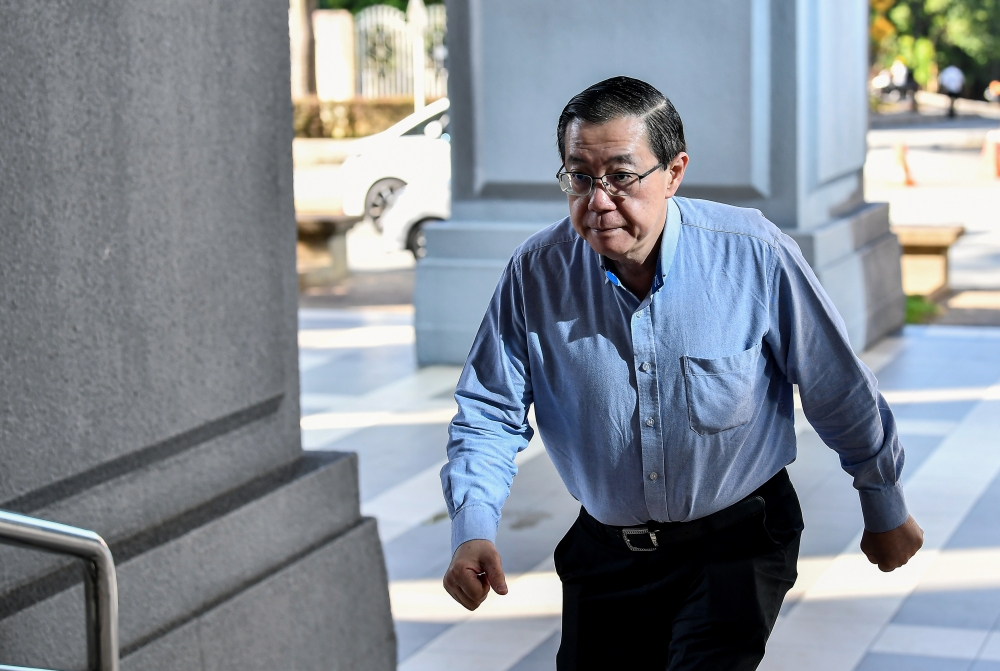SEPTEMBER 3 — August 20, 2019, that was my 20th birthday. This marks the second decade of me being stateless. I am still struggling to get citizenship for the past 10 years. As we approach the 62nd year of Malaysia’s independence, we remember those who have contributed to nation-building but remain stateless till today.
I was living a Malaysian life for the past two decades. I always see myself as a Malaysian. Since the regime change in Malaysia, my life as a stateless Malaysian has not changed much. Since the regime change 478 days ago, the promise of resolving statelessness among the ethnic Indian community within 100 days of forming the government has not been delivered.
As usual, my mother still cannot stay here in Malaysia for a long period. She has to exit Malaysia every four months to get her tourist visa since she could not get a long-term social visit. It is very costly for her to exit and reenter Malaysia.
Since my mother has official documents to prove she is a spouse of a Malaysian, she could not apply for a long-term social visit visa. I have written emails and letter to the Immigration Director-General to seek his exception to my mother’s visa application. I have also asked my constituency’s MP (Beruas MP) to seek exception on my mother’s visa application from the Home Minister himself (The Home Minister has the power to issue directions according to Article 4 Immigration Act 1959/63). Until now, I still have not received any response or reply from them. She is bound to leave Malaysia on September 17.
When can we, the stateless community in Malaysia, have our “First Merdeka”? When can our government adopt a new inclusive policy and administration procedures that will ensure no one will fall through the cracks in the future? I quote Minister of Law (Prime Minister’s Department) YB Datuk Liew Vui Keong’s speech on Forum on Childhood Statelessness and Launch of IPU Handbook, “The government believes that every individual residing in Malaysia has a role to play by contributing to the prosperity of the country. But for that to happen, every individual’s presence needs to be recognised so that they have a sense of belonging and pride to be in a place where they have always called home.
“Statelessness is not just a human rights issue, it is a developmental issue. Stateless persons have limited participation in the formal economy and as such, less able to contribute, and fully sustain and improve their lives. For children, the impact of statelessness is even more profound. From a young age, they are limited in their potential to contribute to their own communities.”
If you were to walk into a kitchen, sink overflowing, water spilling all over the floor, soaking into walls, you’ve got a bucket, a mop or a plunger, what do you do first? Will you turn off the tap? It will be pointless to mop or plunge or scoop up the water if the tap itself is not turn off in the first place.
By approving the citizenship application solely, it does not and will not solve the perennial and perpetual problem of statelessness. We really need to amend the current policies; we would not want to wait for another 62 years to have a chance to amend the policy. Of course, please stop practising the sexist law and policies that do not allow Malaysian women and men to pass on citizenship to their children on equal basis.
I went to DHRRA’s Addressing Statelessness Workshop in Penang last week. It was a great learning experience. The participants were asked to introduce themselves with something they brought together with them. I was wearing a grey shirt that day, I introduced myself as “Someone who lives the grey area between the category of ‘Non-foreigner’ and ‘Foreigner’.”
I am pleased to see that Penang’s ADUN(s) sent their representative to this workshop. Particularly, Berapit constituency’s representative told me that the statelessness issue is very new to him and he is keen to learn more about it. I also hope that the knowledge learnt will be beneficial to the people of their respective constituency.
In the workshop, I got the chance to meet other stateless youths from Perak, Johor, Penang and many more. We came into an unanimity that “The government should at least empower the stateless community in Malaysia if the government is not capable of solving the statelessness problem.”
Stateless youths should be empowered so that they can live their lives with dignity. The stateless youths in Malaysia should at least be given a chance to pursue tertiary education. Stateless youths should also be given a chance to be employed in order to sustain their life. Freedom of movement should not be denied, we would not want to be confined within Malaysia. Talented stateless person should be given a chance to participate in national competition (MSSM & etc.) and given a chance to leave Malaysia to undergo intensive training. The safety of stateless people in Malaysia should be guaranteed, NUR Alert should be activated when a stateless child has gone missing. Stateless people should be given access to an affordable healthcare system and every stateless child should be vaccinated.
Compared to others, I am very blessed that I was given a chance to pursue my tertiary education after taking my STPM. I am very grateful to Tunku Abdul Rahman University College (TAR UC) for accepting me to pursue their full-time degree. I believe that I am not the first stateless person and the last stateless person to be accepted into their institution.
To those stateless persons out there, please be strong as you are not alone in this struggle! Please join me to form The Union of Stateless Malaysians (USTMY), this will ensure that our collective voices will be heard. I hope that in the future, the stateless-Malaysian community can celebrate Malaysia’s 63rd Independence as Malaysians, not a stateless person anymore.
I look forward to Our First Merdeka.
* This is the personal opinion of the writer or publication and does not necessarily represent the views of Malay Mail.


